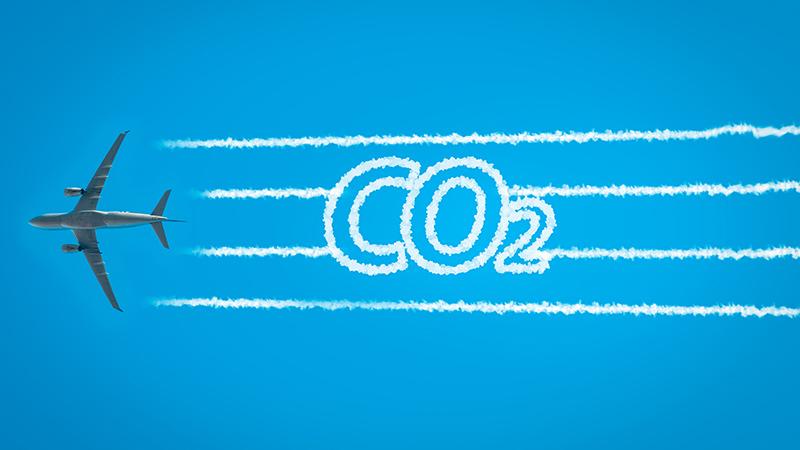Visiting Lecturer in Design, Creative and Digital Industries Ross Bennett-Cook wrote an article for The Conversation on 3 November about travel in the age of climate change and carbon passports.

In his article, Ross Bennett-Cook examined the rebound of the travel industry post-COVID and the climate dangers of returning to the travel status quo. He noted that by the end of July, international tourist arrivals globally reached 84% of pre-pandemic levels and in some areas surpassed the original levels. At the same time, the summer saw record-breaking heatwaves and extreme weather in many areas of the world attributed to climate change.
Bennett-Cook suggested that tourism is part of the climate change problem and should be addressed. He suggested that this problem should be offset by personal carbon allowances for travel, or carbon passports. These carbon passports would monitor an assigned yearly carbon allowance for each traveller that cannot be exceeded.
He said: “Globally, the average annual carbon footprint of a person is closer to 4 tonnes. But, to have the best chance of preventing [the global] temperature rise from overshooting 2°C, the average global carbon footprint needs to drop to under 2 tonnes by 2050. This figure equates to around two return flights between London and New York. Intrepid Travel’s report predicts that we will see carbon passports in action by 2040. However, several laws and restrictions have been put in place over the past year that suggest our travel habits may already be on the verge of change.”
Bennett-Cook drew attention to the fact that fuel efficiency improvements are reducing passenger emissions, but area outweighed by growth in air traffic partly influenced by falling airline ticket prices. He provided France and Belgium as examples of countries who have increased taxes on or banned some short-haul domestic flights to promote alternate methods of travel. Spain and Germany are expected to follow suit.
He also drew attention to the pollution produced by cruise ships and successful efforts by Amsterdam and Venice to reduce cruise travel in their waters. Temperature change is also changing the allure of various destinations for travellers.
Bennett-Cook concluded: “Whatever the solution may be, changes to our travel habits look inevitable. Destinations across the globe, from Barcelona to the Italian Riveria and even Mount Everest are already calling for limits on tourist numbers as they struggle to cope with crowds and pollution. Holidaymakers should prepare to change their travel habits now, before this change is forced upon them.”
Read his article It’s time to limit how often we can travel abroad – ‘carbon passports’ may be the answer on The Conversation’s website.


